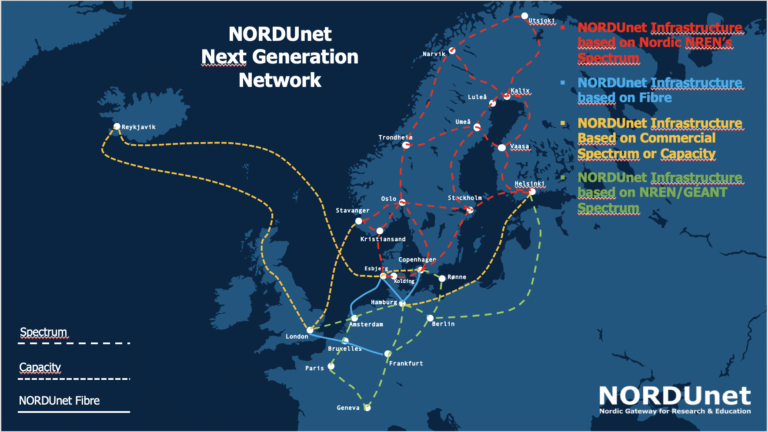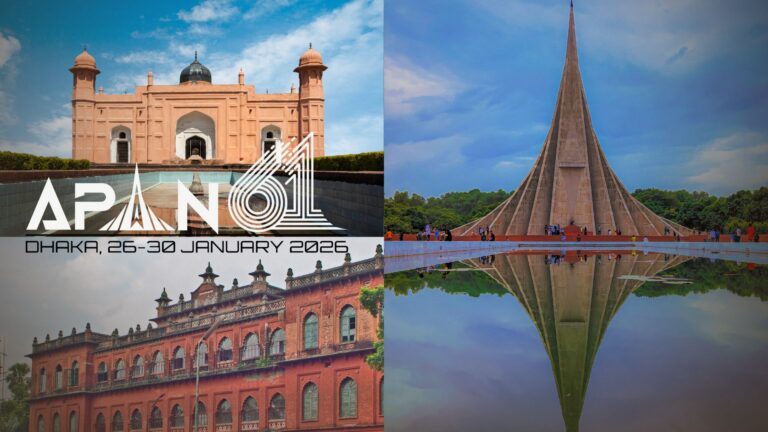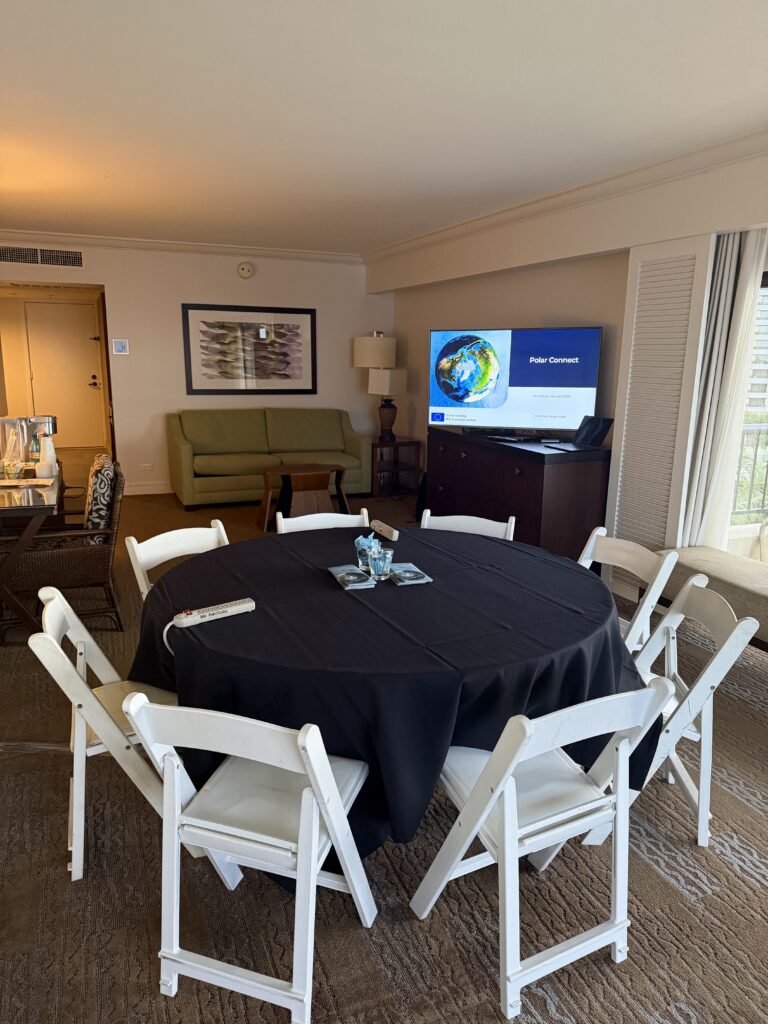NORDUnet and the Nordic NRENs have agreed a major redesign and upgrade of the NORDUnet backbone in Europe and the Nordic countries. The network will allow NORDUnet and the Nordic NRENs to meet the growing demands for capacity, availability, and low latency from the research and education sector. By sharing infrastructure, NORDUnet and the Nordic NRENs will meet these additional demands without increasing cost. The new network was approved by the NORDUnet board on 26 March 2019; the implementation will be launched immediately.
Improved Backbone
The NORDUnet backbone network connect the Nordic NRENs to each other, as well as to other NRENs in Europe and throughout the globe. Research and education have high demands for network capacity. In the new network, modern optical network technology allow NORDUnet to meeting the growing capacity needs, starting and 100 Gbps and expected to grow to 1 Tbps within the lifetime of the network. But R&E networking is more than bandwidth. Networking is an integral part of research and education in the 21st century. Non-stop availability is a must. For this reason, the new network is designed to offer each Nordic NREN a minimum of three independent international links. For further robustness, all NRENs will be connected to a minimum of two other countries.
To meet requirements for optimal connectivity for institutions, collaborations and scientific instruments independent of geographical location, the new network is furthermore designed to provide inter-NREN connections in every geographic area. This allows direct, local connections between sites in the northern part of the Nordic countries, and make it possible to significantly reduce network latency.
Infrastructure Sharing
In a radical departure from traditional network builds, the majority of the new NORDUnet network is built from optical network infrastructure shared by the Nordic NREN as well as GÉANT and European NRENs.
In a traditional optical network, you start by acquiring optical fibres and deploy your optical network equipment to provide network capacity over these fibres. In the new NORDUnet network, NORDUnet will have only a minimum of optical fibre of our own. Instead, we will collaborate with the Nordic NRENs and key European partners to facilitate sharing of existing optical fibre infrastructure. In the Nordic countries, NORDUnet will own no optical fibre. Instead, the Nordic NRENs will provide NORDUnet with a share of their optical fibre networks. Through technology known as fibre sharing, NORDUnet will then deploy optical networking equipment on these shared optical fibre resources. The result is an optical network with the same capacilities and capacities as a traditional one, but at significantly lower cost.
The NORDUnet network can be seen as an optical overlay network on the Nordic NREN networks. NORDUnet and the NRENs decided on this approach in late 2017, in an effort to realise the desire for finer meshing, more capacity, and increased flexibility at an affordable cost. Significant engineering has gone into realising this vision.
In a similar way, NORDUnet is collaborating with key partner NRENs PSNC (Poland) and SURFnet (Netherlands) to realise the same sharing in European networks, and NORDUnet will be collaborating closely with GÉANT as GÉANT is building their next-generation network, to maximise sharing of network resources between GÉANT and NORDUnet, and between European NRENs as a whole.
Global Connectivity
The new NORDUnet network affect only NORDUnet connectivity in Europe. NORDUnet will continue to offer global connectivity through global partnerships, building world-class inter-continental connectivity to North America, Asia, and beyond.
With the new NORDUnet network, NORDUnet and the Nordic NRENs will be ready to provide more capacity, better quality, and higher reliability, allowing the Nordic countries to continue to host world-class research and education initiatives.











